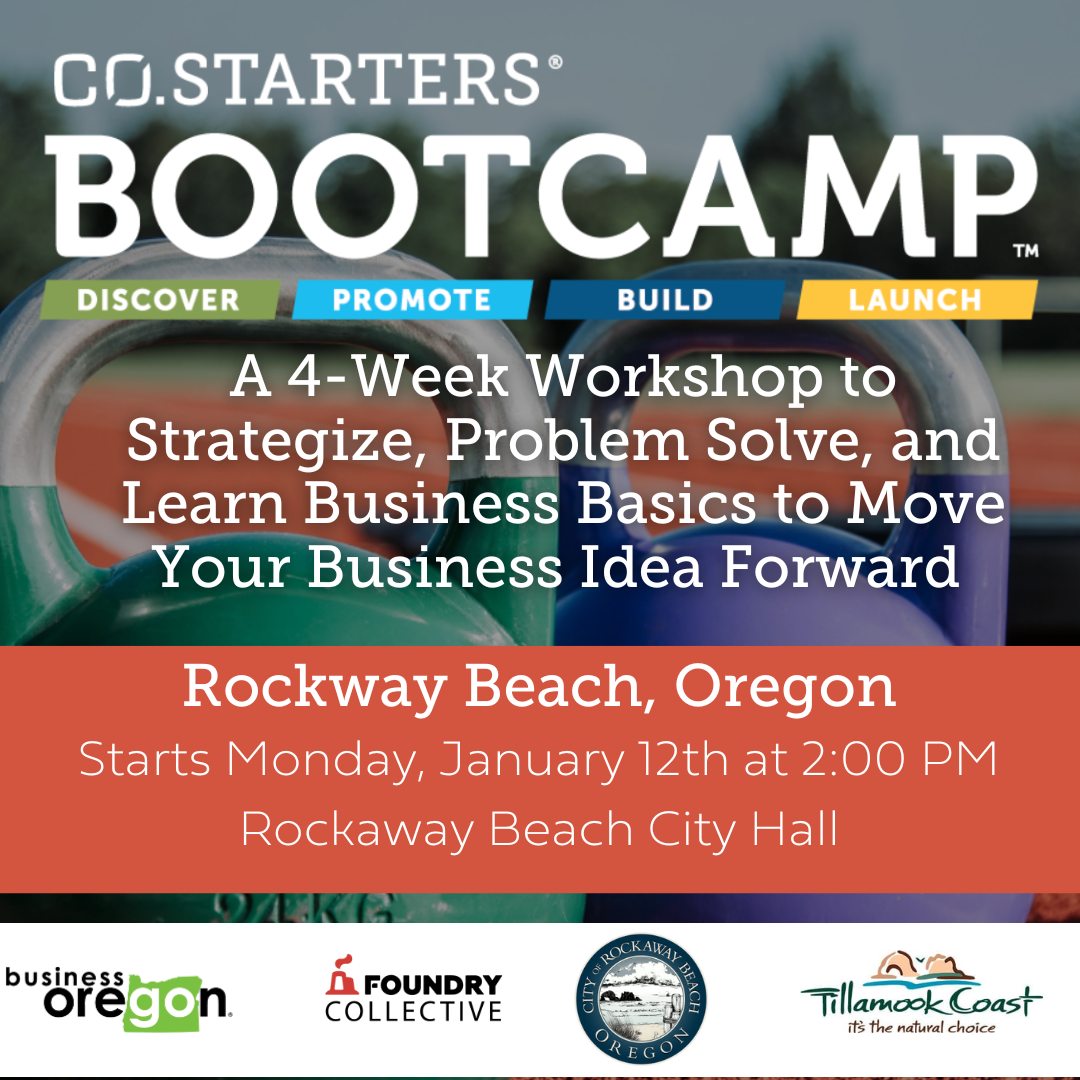| As we inch toward the end of the year, many of us are considering charitable giving and who to support.
According to the IRS, there are over 26,000 nonprofit organizations operating in the State of Oregon. And as good works proliferate, so does charity fraud.
Charity fraud undermines trust and goodwill toward nonprofits. As stories of generous and kindhearted donors having their virtues preyed upon, donating gives way to a lingering skepticism. No one likes to feel money has been stolen from them. Donors make their gifts because they wish to see the world become a better place and are dismayed to learn that on occasion, their act of generosity has been repaid with callous unkindness.
Being prepared to ask tough questions of the charities asking for money is the first step to protect yourself from being taken advantage of when a potential scammer or fake charity asks you to donate.
- Is the charity a registered public 501(c)(3) organization? Ask the charity what their Employer Identification Number (EIN) is.
- What is the charity’s name? Taxpayers should be particularly wary of charities with names similar to nationally known organizations.
- What are the organization’s mission, goals, and history of success? Seek out the charity’s website to validate their work.
There are also online evaluation tools like the Charity Navigator. With more than 225,000 charities rated, their comprehensive ratings focus on the cost-effectiveness and overall health of a charity’s programs, including measures of stability, efficiency, and sustainability. The metrics inform donors of not just where their dollars are going but what their dollars are doing.
The Better Business Bureau (BBB) has 20 standards for charity accountability that address four themes: governance, results reports, finances, and truthful and transparent representations. I also recommend the Nonprofit Association of Oregon (NAO). |










